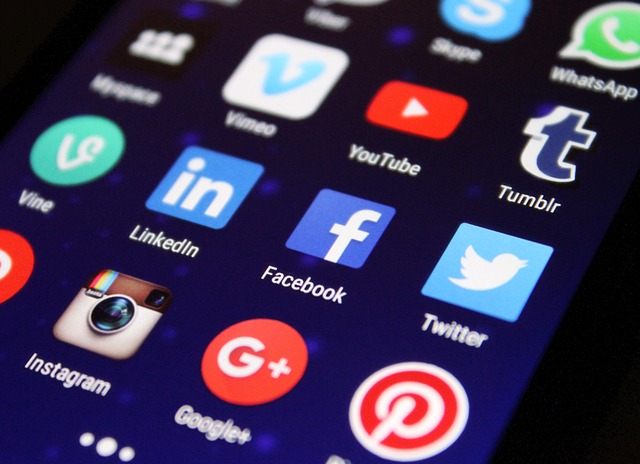The rise of social media has transformed our daily lives, creating a vast social ecosystem that connects us in ways never before imagined. However, beneath the surface of these digital interactions lies an unsettling truth: social media can foster addiction, pulling us into a cycle of reliance that is difficult to break. As we navigate this expansive social ecosystem, it’s essential to examine how our online habits reshape our relationships, mental health, and overall well-being.
Social media platforms are meticulously designed to keep users engaged. They’re infused with features like likes, shares, and notifications that trigger the brain’s reward system, releasing dopamine—a neurotransmitter associated with pleasure and satisfaction. This instant gratification can lead to compulsive behaviors as users continuously seek validation and connection. What starts as a harmless check of notifications can quickly spiral into hours spent scrolling through feeds, with individuals prioritizing online interactions over real-life connections.
Furthermore, the content we encounter within this social ecosystem often amplifies feelings of inadequacy and anxiety. The curated lives presented on platforms may lead to destructive comparisons, where individuals measure their self-worth against the seemingly perfect realities of others. As users absorb this never-ending stream of information, they may find themselves trapped in a cycle of dissatisfaction, which only deepens their reliance on social media for a temporary escape.
Moreover, social media impacts not just individual users but society as a whole. It can distort perceptions of reality, making it challenging to discern genuine human experiences from the polished images and narratives that dominate user feeds. This dissonance can contribute to a widespread sense of isolation, as people may feel more connected than ever through online interactions yet become increasingly disconnected from the nuanced, face-to-face interactions that cultivate meaningful relationships.
In recognizing the deep-rooted impacts of social media within our social ecosystem, it’s crucial to adopt mindful usage habits. Setting a time limit on social media use, curating your feed to include positivity and authenticity, and prioritizing real-world interactions can help mitigate addictive behaviors. Establishing boundaries around social media interaction may not only improve mental health but also enrich the quality of our offline relationships.
As we continue to navigate this evolving social ecosystem, awareness is key. Being mindful of our online presence and the emotions it evokes can empower us to reclaim our time and attention from the clutches of addiction. By fostering a balanced relationship with social media, we can use these platforms as tools for connection rather than sources of distraction and addiction.



